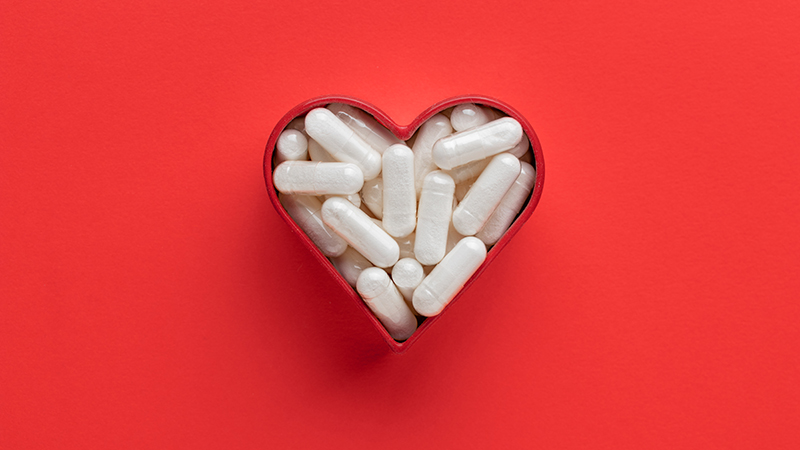What You Need to Know About Opioids
Preventing and Overcoming Substance Misuse and Use Disorders
Updated October 2023
The word opioid covers a lot of territory. Opioids can include medications prescribed to alleviate pain, and they can also be illegal, synthetic drugs that can be downright deadly.
Northwestern Medicine Addictions Medicine Physician Amanda N. Donald, MD, shares what you need to know about opioids, preventing substance use disorders and identifying those disorders.
What Are Opioids?
Opioids are a class of “depressant” drugs, meaning they break down and bind to receptors in the brain, which reduces perception of pain and creates feelings of euphoria and relaxation. The entire group of medications is extensive, including both natural (derived from a poppy plant) and synthetic substances.
When Opioids Become a Problem
When taken under the direction of your physician, opioids can provide effective pain relief. Yet, the feelings of pleasure derived from opioids can lead to substance misuse and substance use disorders. When the opioid dose wears off, you may crave those feelings. When opioids are taken over an extended period, the dosage needed to create those euphoric feelings increases.
Opioids are most dangerous when they are not prescribed.— Amanda N. Donald, MD
“Opioids are most dangerous when they are not prescribed or when usage is not closely monitored by your physician,” says Dr. Donald. “Changing the dosage, crushing the pill, altering the method of ingestion in any way or combining with other drugs can make you vulnerable to overdose.”
Opioids and Your Heart
Not only does opioid misuse put you at high risk of an overdose, it can also do lasting damage to your health. For starters, opioid misuse can increase the risk of cardiovascular disease due to increased concentrations of low-density lipoproteins and free triglycerides in the body. These substances can also trigger an irregular heartbeat, which can increase your risk for heart attack.
Opioids and Your Brain
Over time, the repeated use of opioids makes the brain receptors less sensitive, which means a higher dose is needed for the same effect. This can be the start of developing a substance use disorder.
Opioids like heroin can cause lasting impacts on the brain, decreasing cognitive abilities.
Symptoms and Signs of Overdose
Know when it’s time to seek professional treatment for you or your loved one.
Signs of an overdose can include:
- Depressed breathing (less than 12 breaths per minute)
- Pinpoint pupils
- Confusion
- Drowsiness
- Mood changes
- Moving slowly
- Uncontrolled vomiting
Preventing Substance Misuse
If you have recently undergone surgery or have serious pain, work closely with your care team to manage that pain. If you need to take opioids, work with your physician to find the lowest dose possible, and take your prescription as directed. Be open with your care team should you experience side effects.
Also, make sure you dispose of medication properly once you are done. Talk to your physician or pharmacist about safe disposal options, or review recommendations from the U.S. Food and Drug Administration.
Getting Help for Substance Use Disorders Related to Opioids
At the first sign of an overdose, seek help immediately. NARCAN® is a naloxone hydrochloride nasal spray in a prefilled, single-dose device that can reverse opioid overdoses, which can help treat overdoses and save lives. First responders carry NARCAN, and it’s also available over the counter.
Those dependent on opioids may experience withdrawal symptoms. Inpatient medication detoxification and residential treatment programs have trained medical professionals who can help patients safely ween off opioids.
If you or someone you know has an opioid use disorder, help is available.




